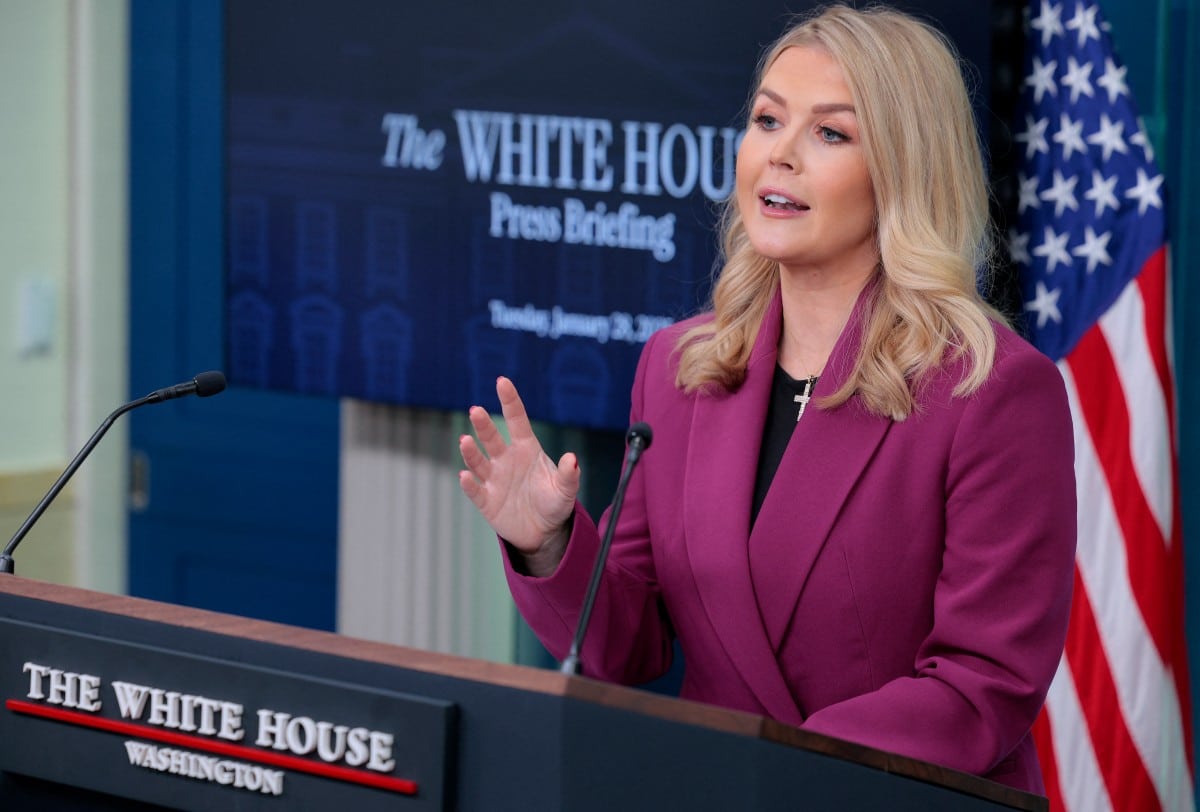White House cites Gaza condoms in defending aid pause

White House Press Secretary Karoline Leavitt holds her first news conference in the Brady Press Briefing Room at the White House on January 28, 2025 in Washington, DC. At 27-years-old, Leavitt is the youngest White House press secretary in U.S. history. Agence France-Presse
WASHINGTON — The White House on Tuesday justified a sweeping freeze in US overseas assistance by citing a $50 million condom distribution program in the Gaza Strip, without offering evidence to back up the claim.
White House Press Secretary Karoline Leavitt said the expenditure was discovered in Trump’s first week including by the new Department of Government Efficiency led by tech billionaire Elon Musk.
Musk’s initiative and the budget office “found that there was about to be 50 million taxpayer dollars that went out the door to fund condoms in Gaza,” Leavitt told her debut press conference.
READ: CDC ordered to stop working with WHO immediately, upending expectations of an extended withdrawal
“That is a preposterous waste of taxpayer money,” she said.
Article continues after this advertisementShe did not provide more details and it was not immediately possible to verify the account independently.
Article continues after this advertisementCondoms generally cost less than one dollar each in the United States and much less in bulk. Just over two million people live in Gaza, nearly all of which has been heavily damaged in the 15-month war with Israel.
Leavitt also said that the United States was about to dispense $37 million to the World Health Organization before Trump announced a pullout from the UN body.
READ: WHO urges US to maintain support for HIV treatment programs
Quickly after taking office, Trump ordered a 90-day freeze in foreign assistance.
He has vowed a review to ensure that aid conforms with policies of his administration, which opposes abortion, transgender rights and diversity programs.
Secretary of State Marco Rubio in a memo Friday said that the United States was freezing nearly all aid disbursement except for emergency food and military aid to Egypt and Israel.
UN Secretary-General Antonio Guterres voiced concern about the aid freeze by the United States, long the world’s largest provider of development assistance in absolute dollar terms.